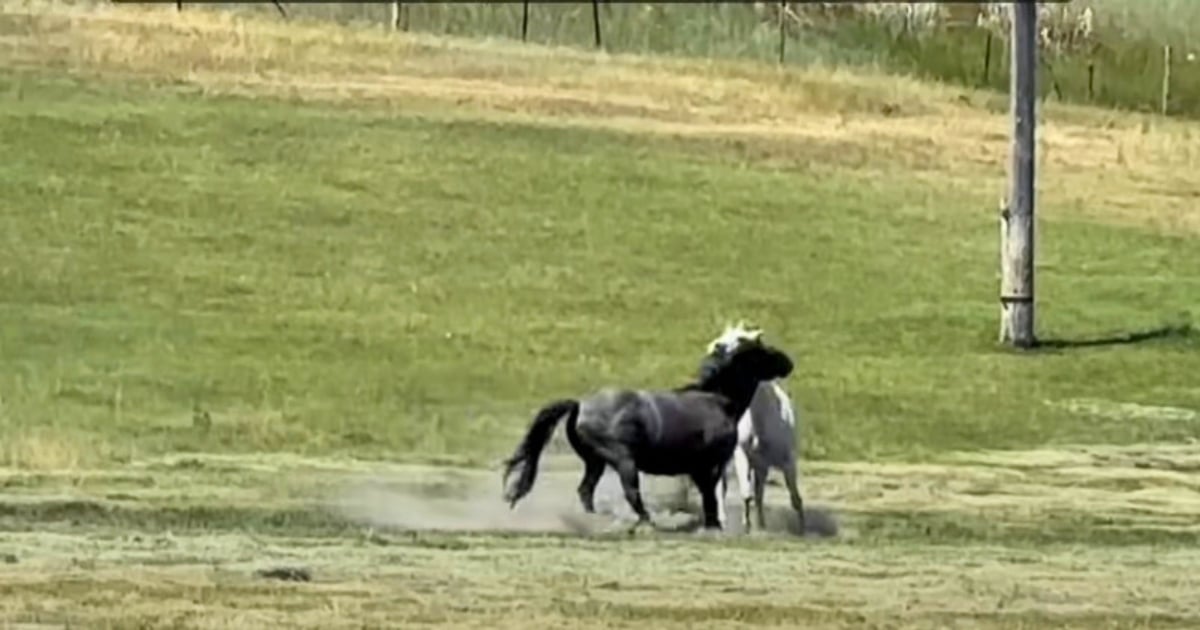In the ocean’s depths, an octopus receives help from an unlikely ally. Hovering over the bare and sandy ocean floor, blacktip sharks, characterized by the black tips on their finds, hunt for prey.


One such prey is a coconut octopus that tried its best to evade the hunters. It swam from one seaweed patch to another, hoping that it wouldn’t be the sharks’ next meal.
With its highly malleable body and camouflaging techniques, the octopus adapts its appearance.
It changed its color to match the weeds and under an untrained eye, this would’ve been a great way to survive. However, there is one problem.


Sharks are also known for their keen sense of smell. A prey may deceive the eyes but for other senses? That’s a different story.
Meanwhile, an octopus sat out in the open in the same area.
Remarkably, the sharks pay it no mind even if it’s vulnerable. It looks like an octopus and acts like an octopus, so it might be an octopus, right? Well, it isn’t.


John Downer Productions collaborated with PBS for a special kind of mission.
View this post on Instagram
They wanted us to see what happens underwater through the lenses of high-quality animatronic robots that mimic the behaviors of sea organisms.
These robots allow us to witness sea creatures in their natural habitats without spooking them.
This, in turn, gives scientists and other enthusiasts a rare glimpse of undisturbed interactions of organisms within their biospheres.


In this episode, the “spy octopus” showed us the sheer intelligence of this cephalopod. The octopus, to evade the sharks, has lodged itself inside a sunken bamboo trunk.
It would’ve been a good hiding spot but it’s open on one end.
A shark can still lunge its snout into the trunk and yank the octopus off its hiding place. Luckily for the octopus, the spy has a plan.


It crawled toward the bamboo with half a coconut husk on its head. Seeing this, the octopus sneakily swam out and crawled behind the spy. Ever so carefully, it took the coconut husk and swam back into the bamboo.
The octopus then used the husk to shut the exit, protecting it from predators.
This behavior has baffled scientists for years. Scientists have long recognized that cephalopods possess a certain level of intelligence.
View this post on Instagram
However, the community is torn between the idea that these organisms are capable of “tool use.” As fascinating as it seems, we still need to wait for a verdict on this argument.
With these questions, will this octopus survive the encounter?
Will the spy octopus succeed in helping out its new-found and unsuspecting friend? And if it does, how will the octopus react once the truth is revealed?


Spy in the Ocean, A Nature Miniseries is on PBS. The series dives into, quite literally, the interactions of sea organisms and shows them to us up close like how a spy seal joined a great escape, a spy cuttlefish getting involved in a love story, and a spy sperm whale witnessing a whale socialization like no other.
Watch how this octopus evade predators through the help of an unlikely ally.
Please SHARE this with your friends and family.















